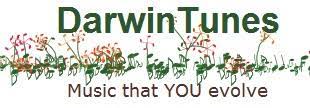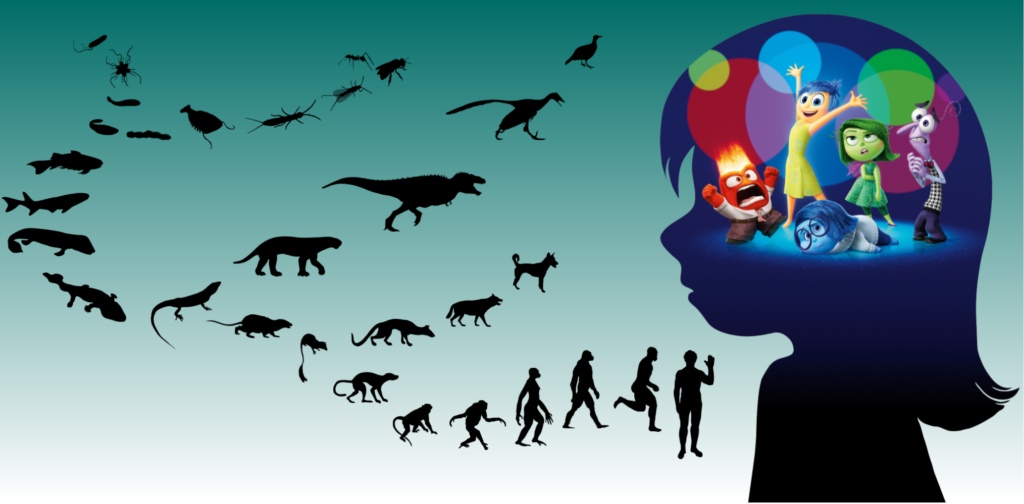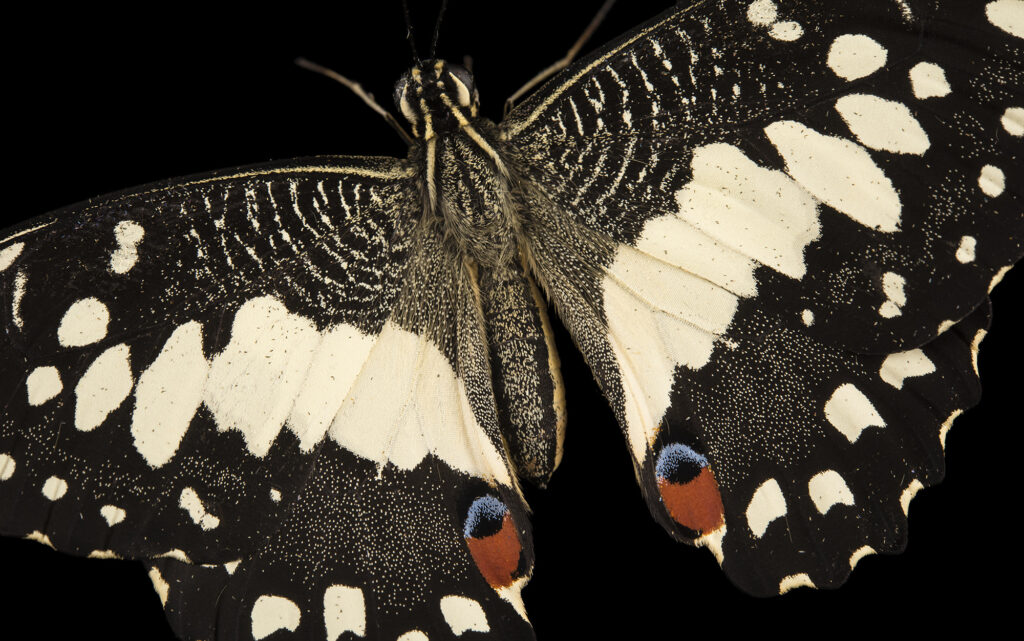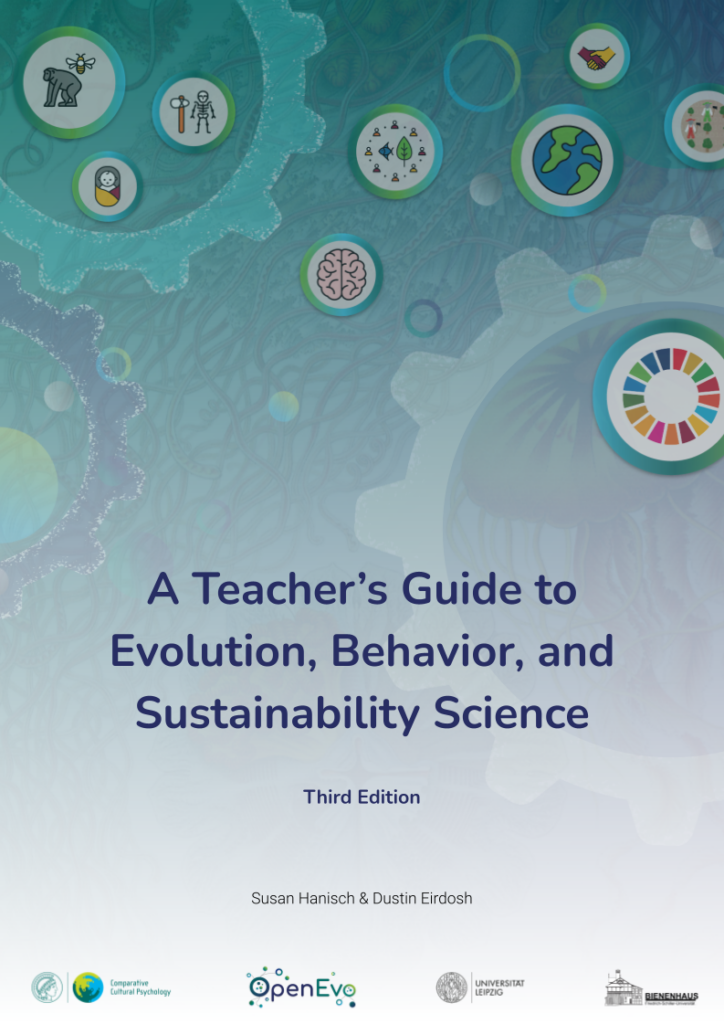Darwin Tunes
Darwin Tunes was a project in the 2010’s. DarwinTunes was developed as a digital test-bed for the evolution of music, the oldest and most widespread form of culture; and, thanks to your participation, they have shown that reasonably complex and pleasing music can evolve purely under selection by listeners.






